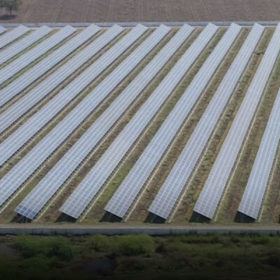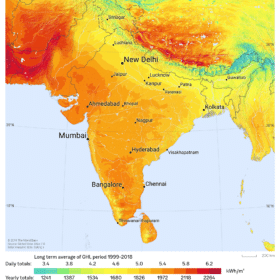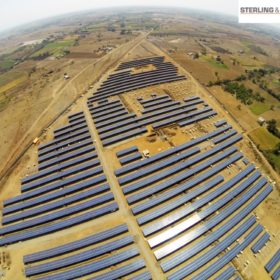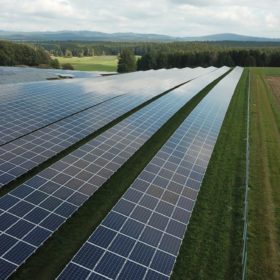India added 1.4 GW of solar in October-December period
The new solar capacity addition during the third quarter of FY 2020-21 was way above 928 MW installed in the previous quarter (July-September).
Solar developers take 700 MW retender issue to APTEL
Tata Power, TEQ Green Power, and Vena Energy Renewables Urja have approached the Delhi-based Appellate Tribunal for Electricity (APTEL) seeking interim relief against the Gujarat Electricity Regulatory Commission’s order allowing retendering of the awarded solar capacity.
NTPC tenders for 300 MW solar EPC work in Gujarat
The solar plants are to be developed under the Open category, allowing the use of solar cells and modules of any origin. The deadline for bid submissions is March 16.
Indian solar developers must capitalize on advances in resource risk management
For developers to close the emerging gap as the market becomes more competitive – and, crucially, build projects that perform to investors’ expectations in the long term – they need to not only develop better understanding of the factors influencing project performance but also take steps to adopt advances made in other established solar markets worldwide in the use of solar data.
Global investors bet on India’s renewable energy sector
A new report highlights key investors finding opportunity in India’s US$500-billion renewable energy infrastructure development and various factors driving these investments.
Assam tenders for 25 MW solar at a thermal power station
Bidders have until March 26 to lodge their interest for the installation and commissioning of the solar capacity at Namrup Thermal Power Station in the district Dibrugarh.
Sterling and Wilson Solar wins INR 930-crore order in Egypt
The Indian multinational player, which has a solar engineering, procurement and construction portfolio of more than 10.6 GWp globally, says the latest addition will be among Egypt’s largest PV projects.
Gujarat 700 MW award cancellation will impact solar investment
The state electricity regulator has passed the order in Gujarat Urja Vikas Nigam Ltd’s favor, allowing it to retender the 700 MW capacity to seek lower tariffs than the INR 2.78-2.81/kWh levels awarded to developers. Developers’ body says the move will impact investors’ sentiment as arranging finance starts soon after developers win a capacity.
Andhra Pradesh inching towards 10 GW solar for farming needs
The 6.4 GW auction success takes the state government closer to its 10 GW solar target to provide free, uninterrupted power supply to farmers during the daytime.
Bidding extended for 20 MW solar-plus-storage in Ladakh
The Solar Energy Corporation of India has issued amendments to the procurement and extended the bidding deadline by two weeks.














